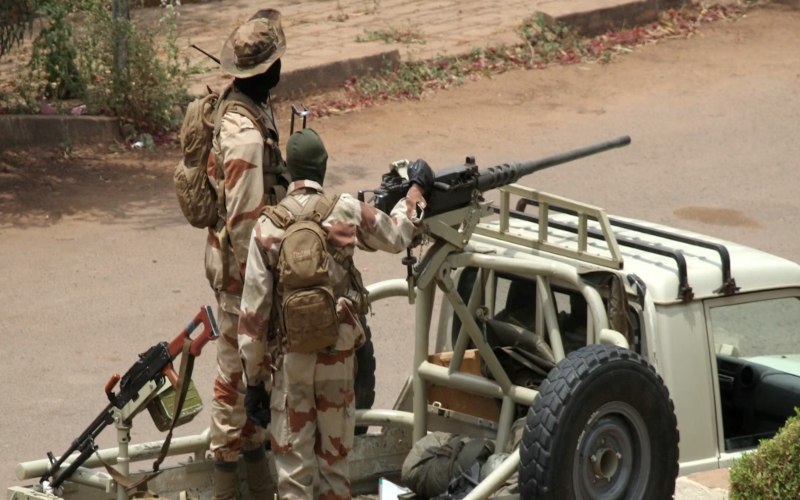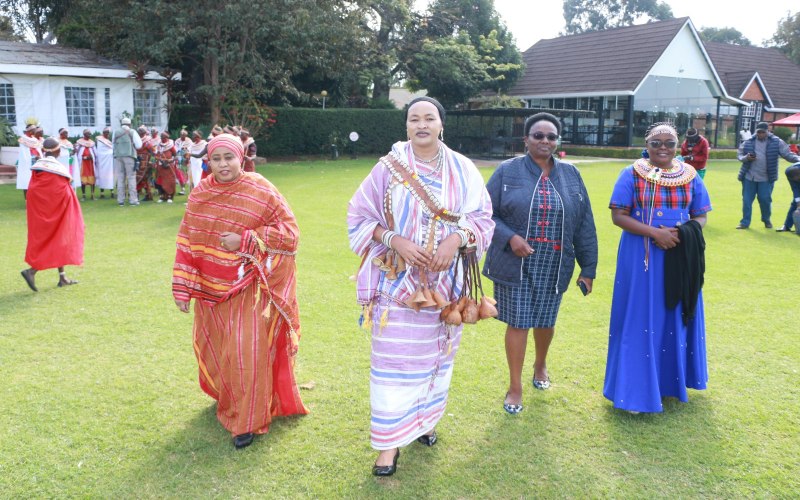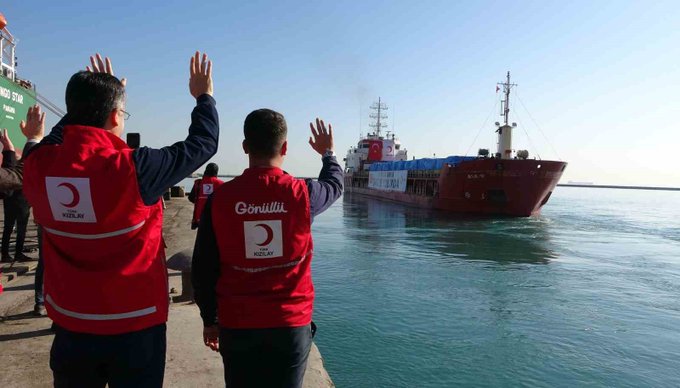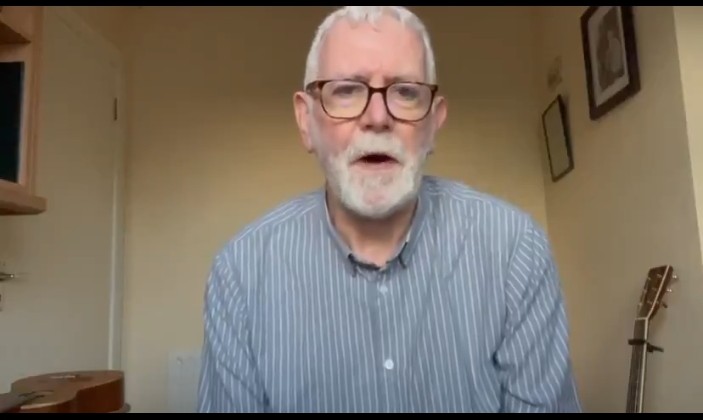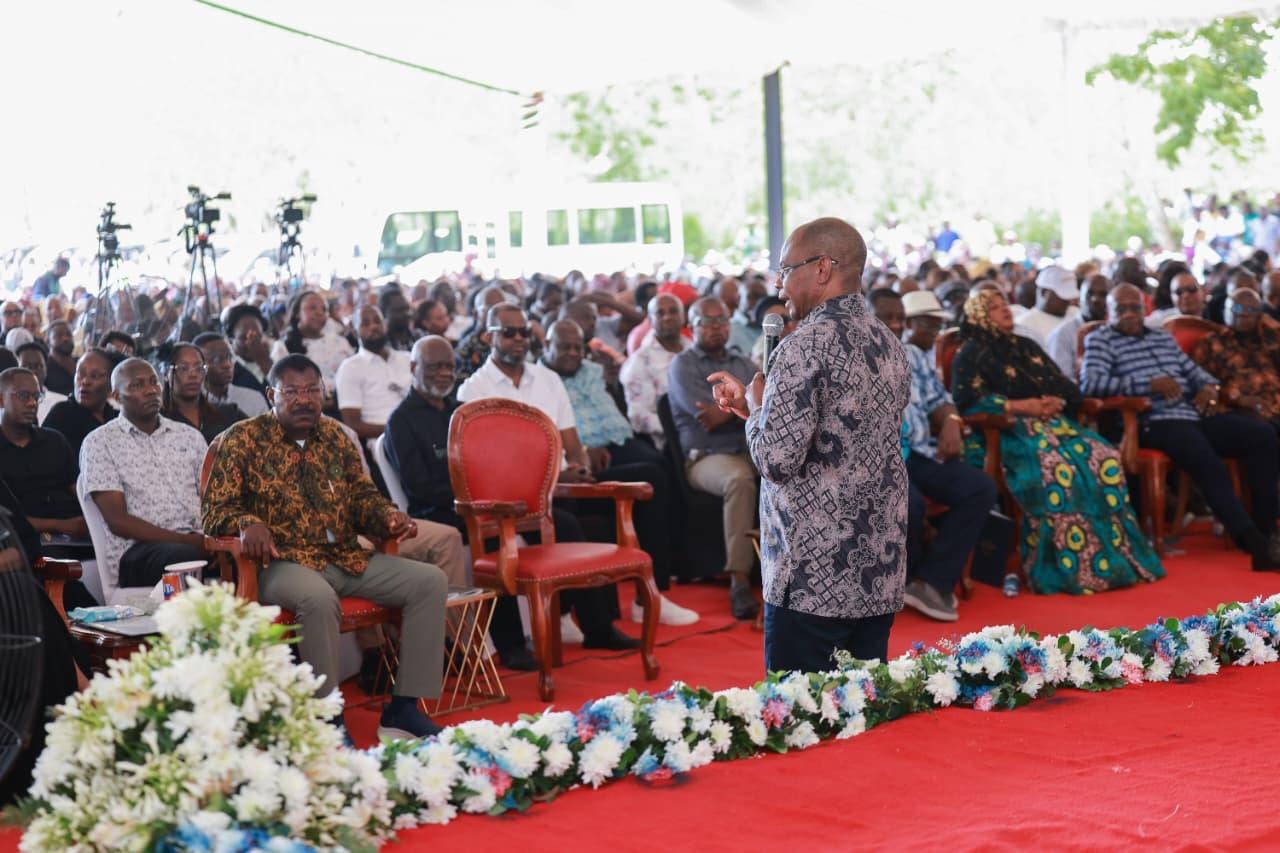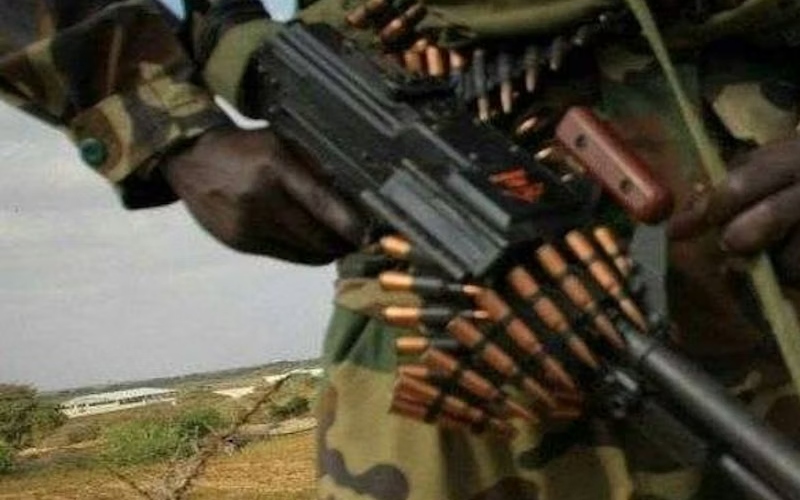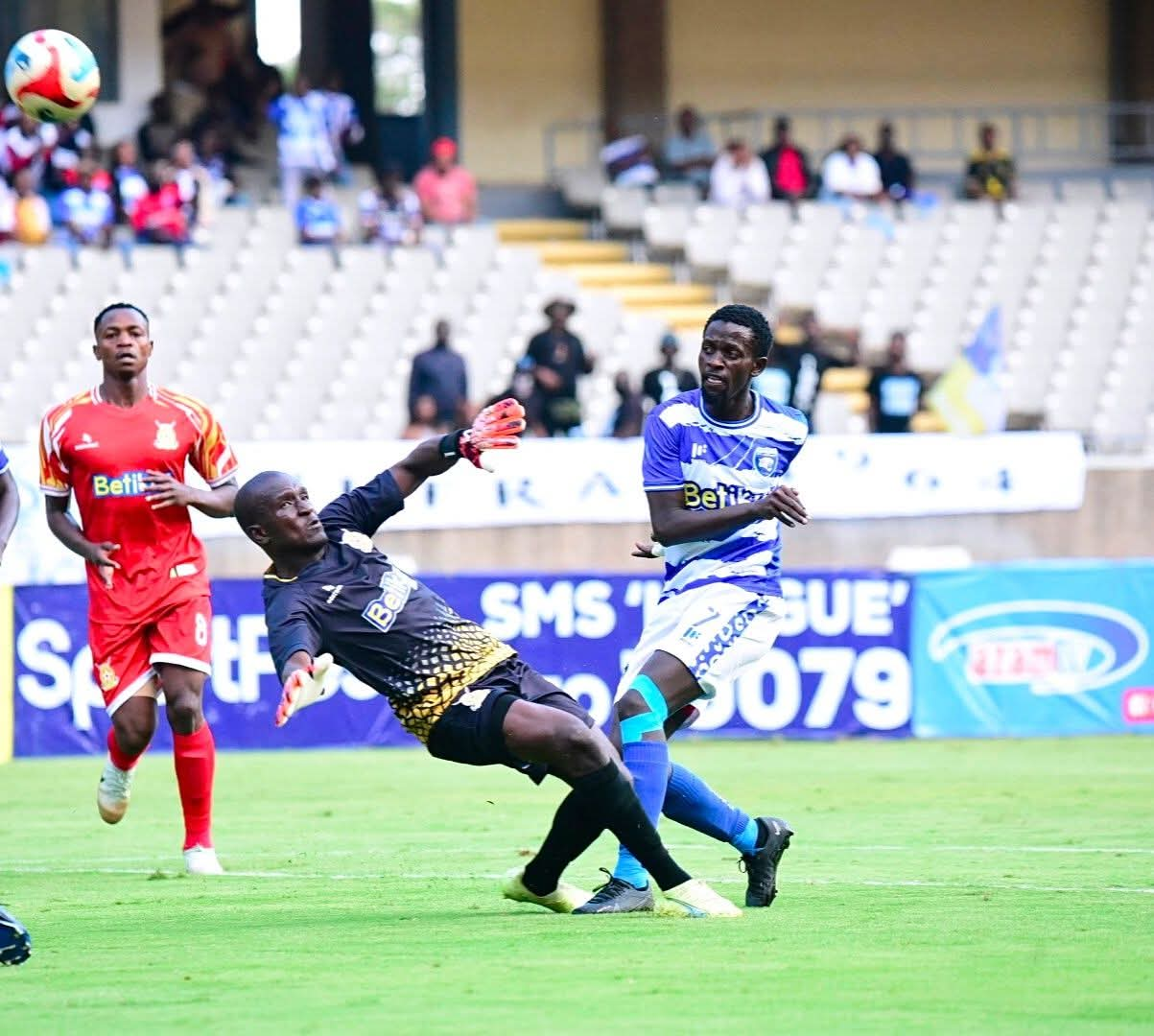Mediheal probe: Foreigners paid Sh30m for kidneys as Kenyan donors got a fraction, MPs told
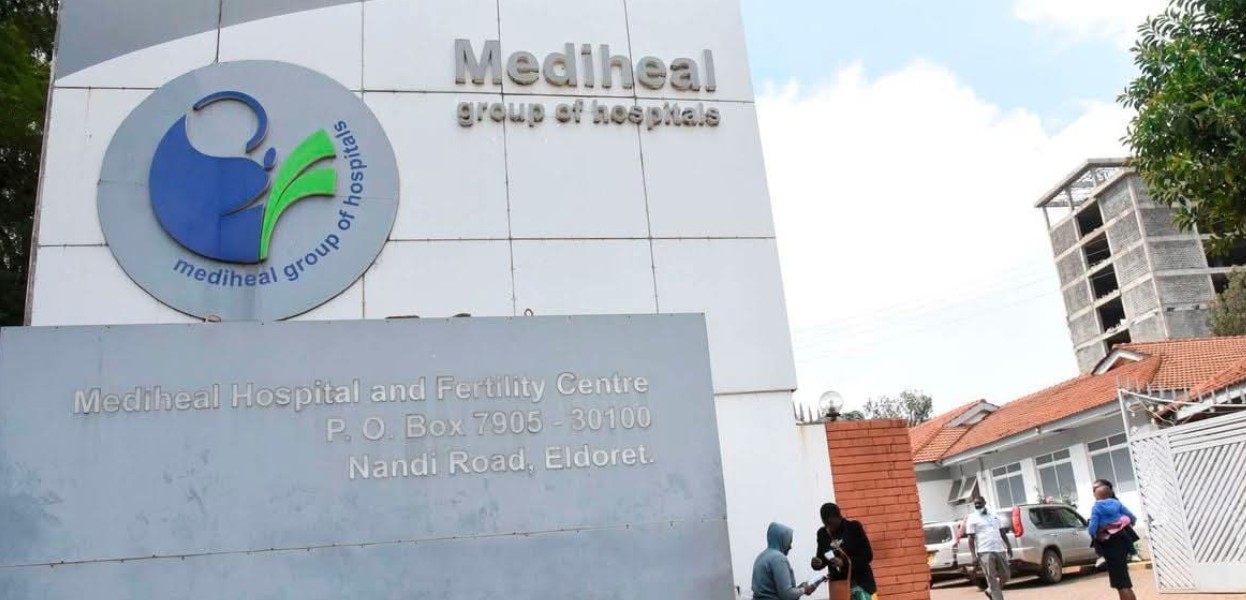
Nandi Hills MP Bernard Kitur, who is also the whistleblower in the matter, laid bare the extent of the scandal, implicating a sprawling syndicate that preys on vulnerable youth under the guise of medical opportunity.
Shocking new revelations have exposed a high-stakes organ trafficking scheme at Mediheal Group of Hospitals, where wealthy foreign nationals paid up to Sh30 million for kidney transplants, while vulnerable Kenyan donors were lured with promises of as little as Sh500,000, often receiving far less or nothing at all.
Appearing before the National Assembly Departmental Committee on Health, Nandi Hills MP Bernard Kitur, who is also the whistleblower in the matter, laid bare the extent of the scandal, implicating a sprawling syndicate that preys on vulnerable youth under the guise of medical opportunity.
More To Read
- Mediheal founder Swarup Mishra faces properties auction over loans
- MPs question Mediheal Hospital over donor sourcing and patient documents
- Kidney transplant breakthrough could save thousands waiting for compatible donors
- Experts reject kidney harvesting claims, point to system failures
- Outdated organ transplant laws exposing Kenyans to exploitation, MPs told
- MPs hear harrowing testimonies of kidney trafficking in Uasin Gishu
Kitur, who testified before the committee on Thursday, said wealthy foreign nationals from Israel, Germany, Uganda and Sudan were flown into the country and paid up to Sh30 million for kidney transplants, while the Kenyan donors walked away with only a fraction of that amount, if anything at all.
Deteriorating health
According to Kitur, the victims, many of whom are still battling deteriorating health, were targeted by brokers and middlemen in shopping centres and public spaces.
“There are brokers who approached these young men while they were relaxing at shopping centres in the evenings. They told them there was an easy way to make money,” he said.
He told the committee, chaired by Seme MP James Nyikal, that many donors, mostly drawn from impoverished backgrounds in rural areas, were misled into undergoing the dangerous procedures under false pretences. Some were promised huge payouts, up to Sh1.2 million, but only received a fraction of the money.
“One victim, Emmanuel Kipkosgey, was promised Sh1.2 million but received only Sh50,000 before the surgery and Sh400,000 after the operation. The balance has never been paid,” Kitur said.
He added that Kipkosgey now suffers from a worsening health condition and is among several victims who are demanding compensation.
MP Nyikal expressed concern about the lack of transparency in the medical assessments conducted before the surgeries.
“Which hospital did he go to for testing?” Dr Nyikal asked, referring to Kipkosgey.
“From what I’m hearing, it seems the process was prearranged… we need clarity on where this initial testing took place.”
However, Kitur declined to reveal the name of the facility that first tested the victim, citing unspecified reasons.
Kilgoris MP Julius Sunkuli criticised the move, warning that withholding such vital information could jeopardise the inquiry.
“Is there any valid reason why the name of the hospital should be concealed?” he asked.
Identification documents altered
Kitur again narrated to the committee how another victim, Amon Kipruto Melly, had his identification documents altered to facilitate the illegal operation.
“The ID of Amon Kipruto Melly was taken and replaced with a fake foreign ID,” he said.
The MP claimed Mediheal Group of Hospitals, owned by former Kesses MP Swarup Mishra, was a key player in the racket.
However, he added that Mediheal was only one of several health facilities implicated in the syndicate, which also includes rogue medical professionals, unscrupulous agents and poorly regulated clinics.
“While Mediheal Group of Hospitals has remained at the centre of public scrutiny, new evidence suggests that it is part of a larger system in which several private health institutions, both licensed and unlicensed, may be complicit in illegal kidney transplants and unethical organ procurement practices,” he told the committee.
Broaden probe
Endebess MP Robert Pukose, a medical practitioner, urged the committee to broaden its probe.
“From that statement by Hon. Kitur, it’s clear that this issue is not limited to just one hospital. If several facilities are implicated, then focusing on just one raises questions. We need a broader investigation that captures the full scope of the malpractice,” he said.
Nyikal agreed, saying the scale of the revelations may demand a wider and deeper investigation.
“The witness says there is a syndicate, and when it’s a syndicate, it means we might have to investigate more people and more hospitals,” he noted.
Ndhiwa MP Martin Owino called for caution in handling the information.
“We should avoid revealing everything all at once, because the more information we disclose prematurely, the more we alert these syndicates. Some may then go underground,” he warned, suggesting private interviews and in-camera sessions with the victims.
The inquiry, which is expected to run for 90 days, will investigate widespread allegations of malpractice in kidney transplant services in Kenya.
Preliminary findings suggest some surgeries were performed without informed consent, proper documentation, or post-operative care.
In several cases, falsified records and fake donor-recipient matches were allegedly used to execute the transplants.
Kitur, who said his own life is now under threat, reiterated his call for the victims to be compensated, warning that justice must be served for the hundreds allegedly lured and harmed by the syndicate.
Top Stories Today


